Introduction
Proper waste management is essential for maintaining cleanliness, safety and environmental responsibility. One common question that people ask is whether a dumpster should be covered when not in use. While it may seem like a minor concern, covering a dumpster can have significant benefits. Here at Major Dumpsters, we’ll help you explore the benefits of covering a dumpster, the risks of leaving it uncovered and best practices for proper waste handling.
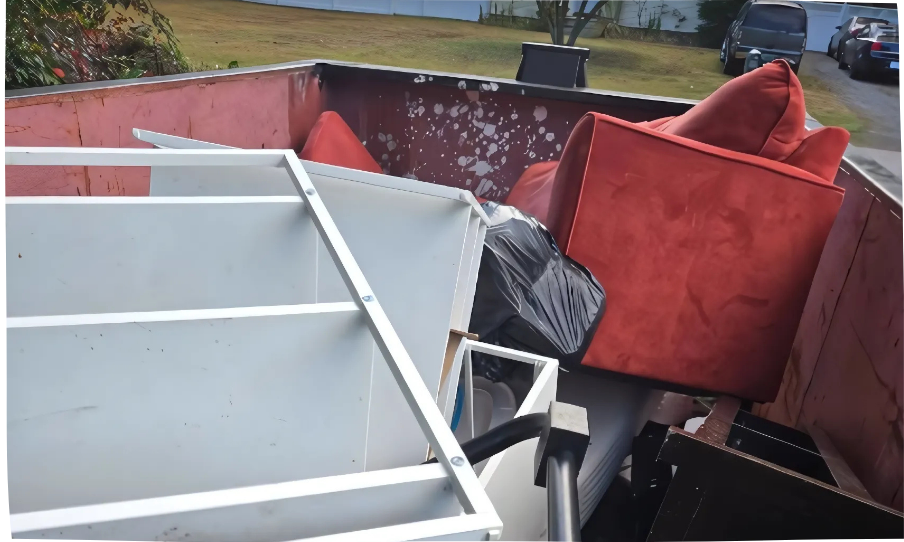
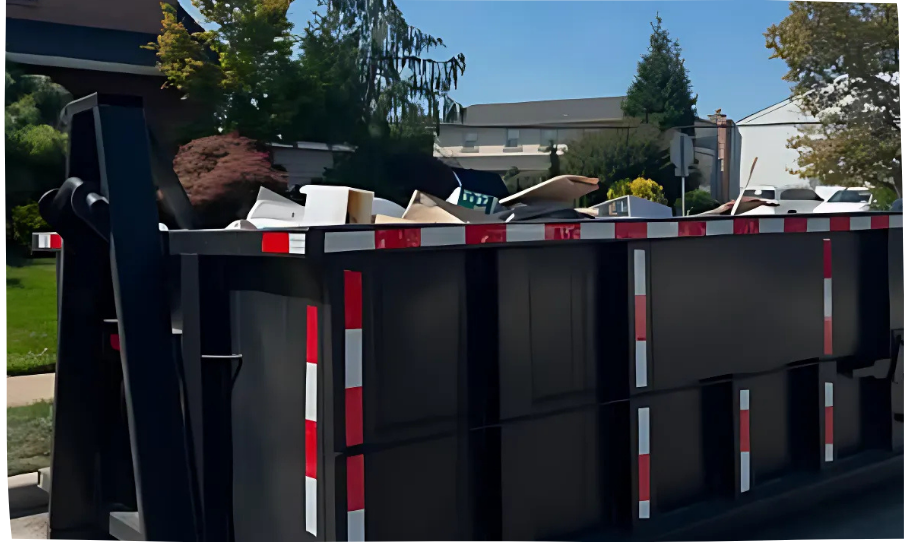
Purpose and Benefits of Covering a Dumpster
Covering a dumpster when not in use is essential for maintaining cleanliness, preventing environmental issues and complying with local regulations. It helps control waste-related problems and ensures a safer, cleaner space. Below are the key benefits of keeping a dumpster covered:
- Preventing Pest Infestation – An open dumpster attracts rodents, insects and other pests looking for food and shelter. Covering it reduces the risk of infestations that can lead to health hazards and additional cleanup costs.
- Keeping Rainwater and Snow Out – When exposed to the elements, dumpsters can collect rainwater and snow, increasing the weight of the waste and leading to potential overage fees. Excess moisture can also cause waste to decompose faster, creating foul odors.
- Keeping Areas Clean & Clutter-Free – Wind can blow loose trash out of an uncovered dumpster, creating litter and making the surrounding area unsightly. A covered dumpster helps contain waste, maintaining a cleaner and more organized space.
- Preventing Neighbors / Unwanted People from Dumping Trash – An open dumpster may invite others to throw in their own waste, leading to overflow, unexpected disposal fees or prohibited items being mixed with your trash. Covering it helps control what goes inside and avoids unnecessary problems.
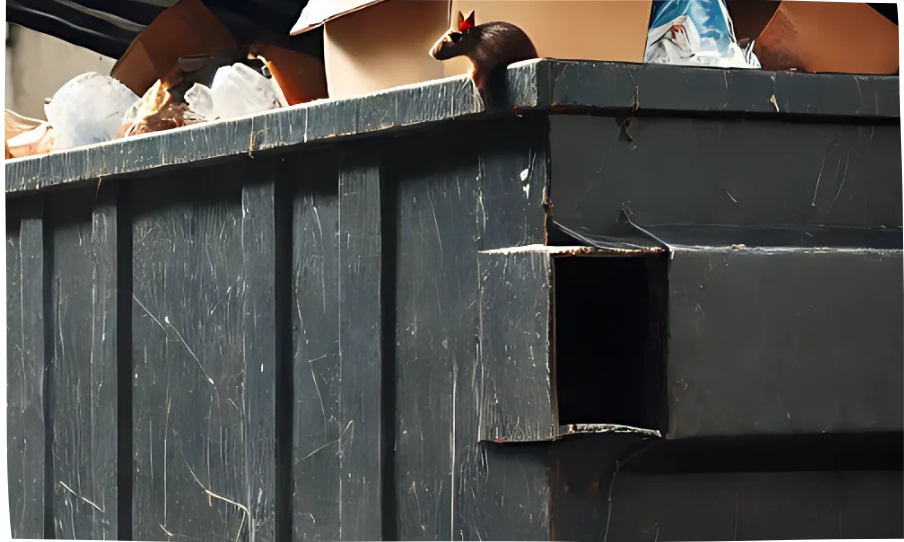
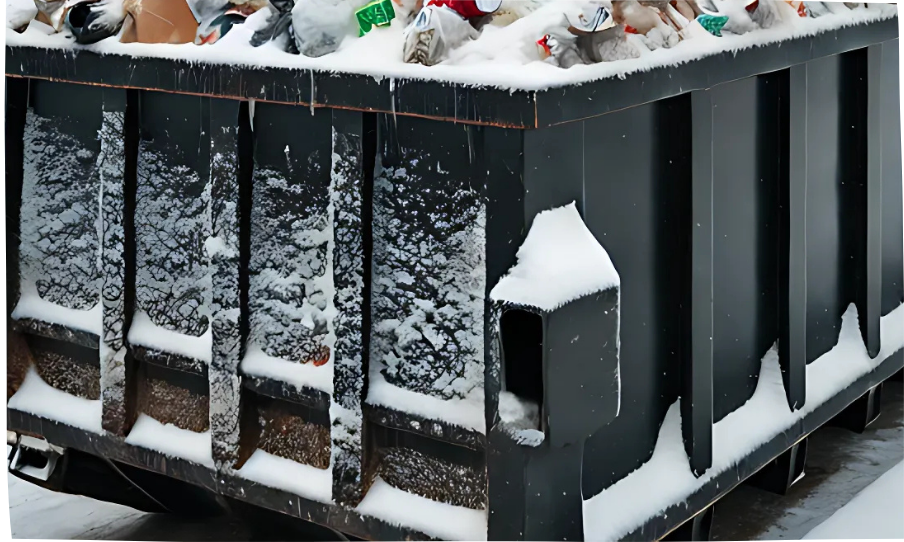
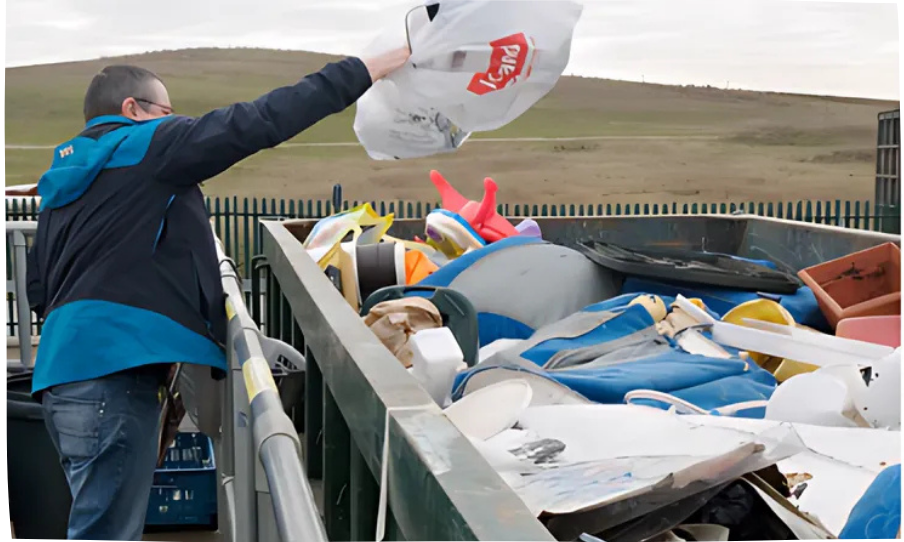
Major Dumpsters doesn’t provide covers and isn’t responsible for any unwanted items added by others or extra weight from rain, snow, or other weather conditions. We recommend that customers purchase or provide their own covers to keep their dumpsters protected.
We recommend using net mesh tarps, hard covers, lugger covers, or custom-made tarps to help protect your dumpster. Keep in mind that these covers are your personal belongings, and you can remove them before pickup for future use.
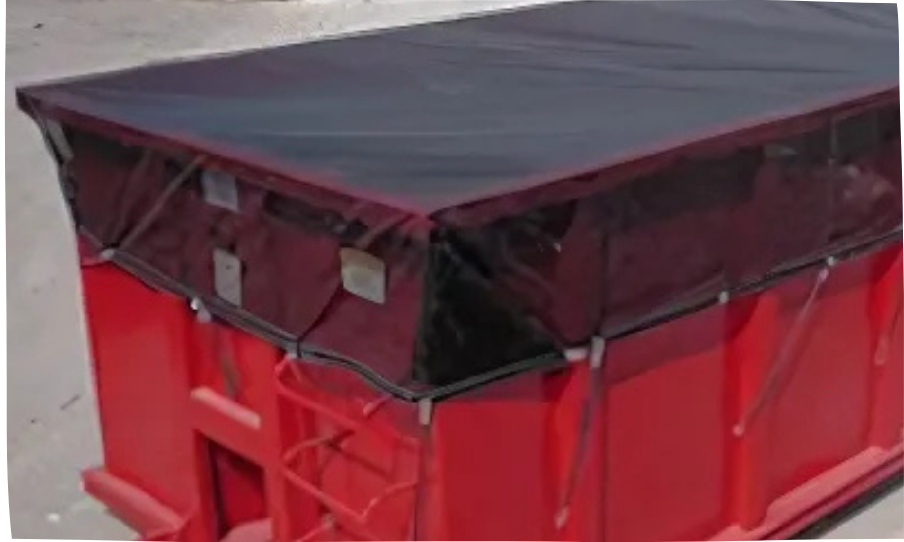
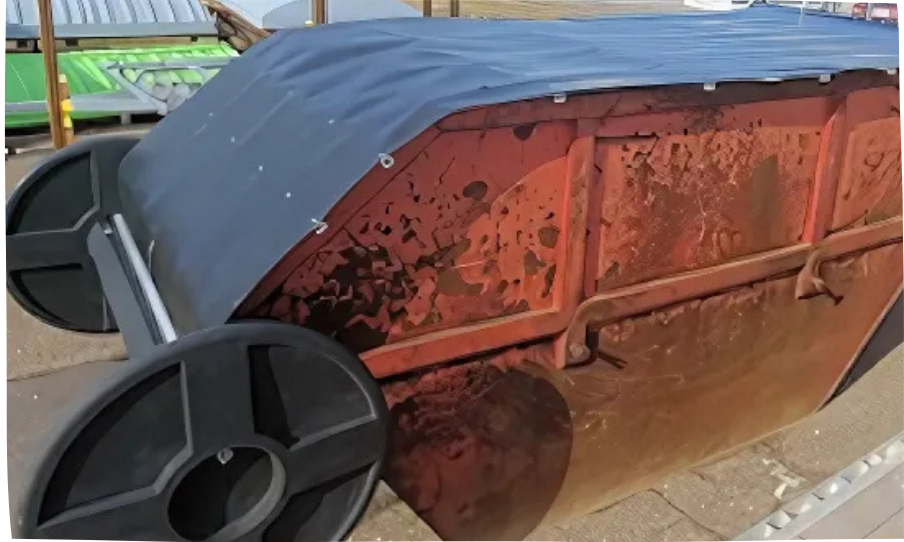
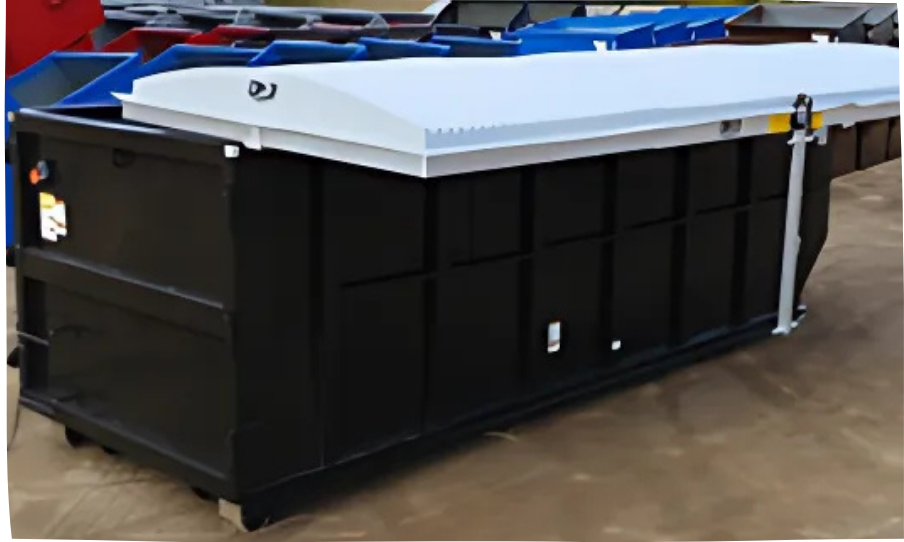
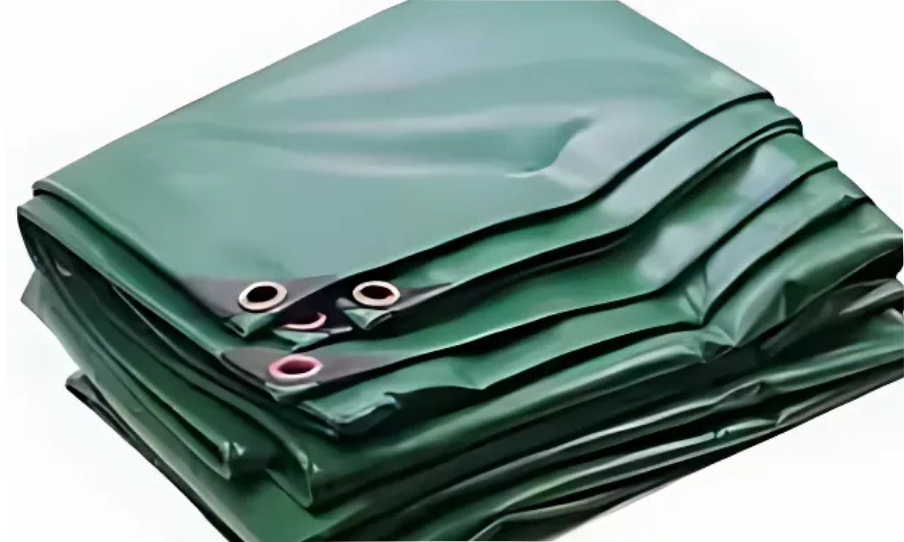
You can purchase one here or can easily find tarps at Ace hardware Baldwin, Ace hardware Island Park and Home Depot Freeport.
Consequences of Leaving a Dumpster Uncovered
Leaving a dumpster uncovered can cause multiple problems, including health hazards, legal issues, and additional costs. Here are some possible consequences of not covering a dumpster:
- Health and Safety Concerns – Open dumpsters attract pests, produce foul odors and can become breeding grounds for bacteria and mold. This creates health risks for workers, residents and nearby communities.
- Potential Fines and Violations from Local Authorities – Many areas have regulations requiring dumpsters to be covered to prevent pollution and safety hazards. Failure to comply can result in fines, citations, or other penalties.
- Increased Weight / Weight Overage – Rainwater and snow can accumulate inside an uncovered dumpster, making the waste heavier than expected. This can lead to weight overage fees and increased disposal costs.
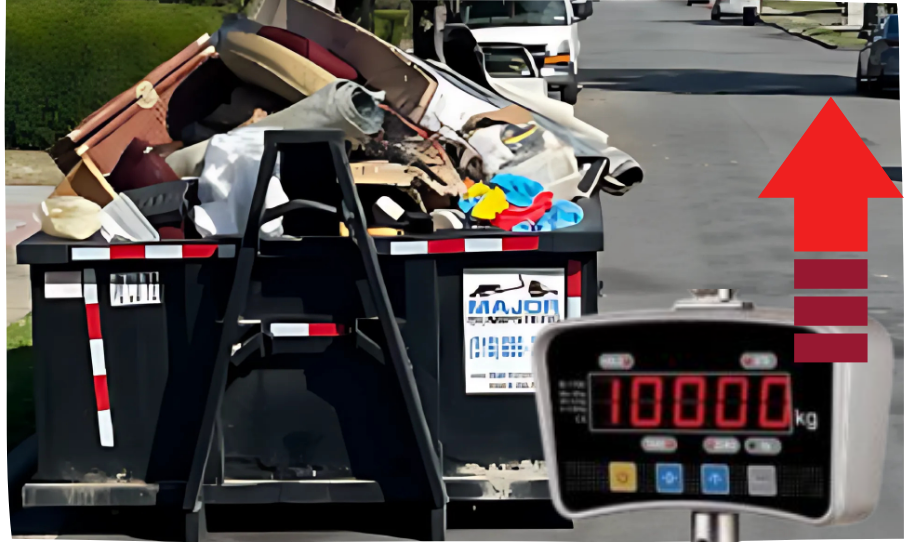
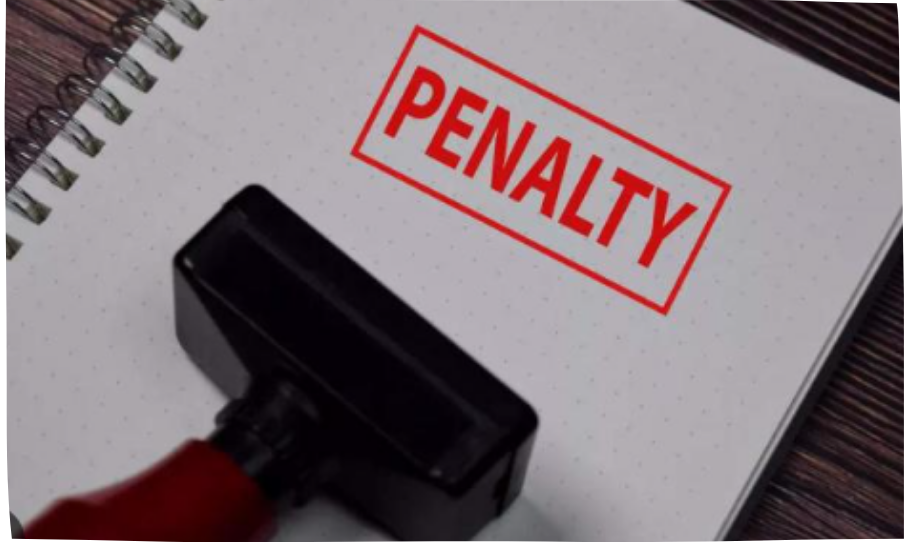
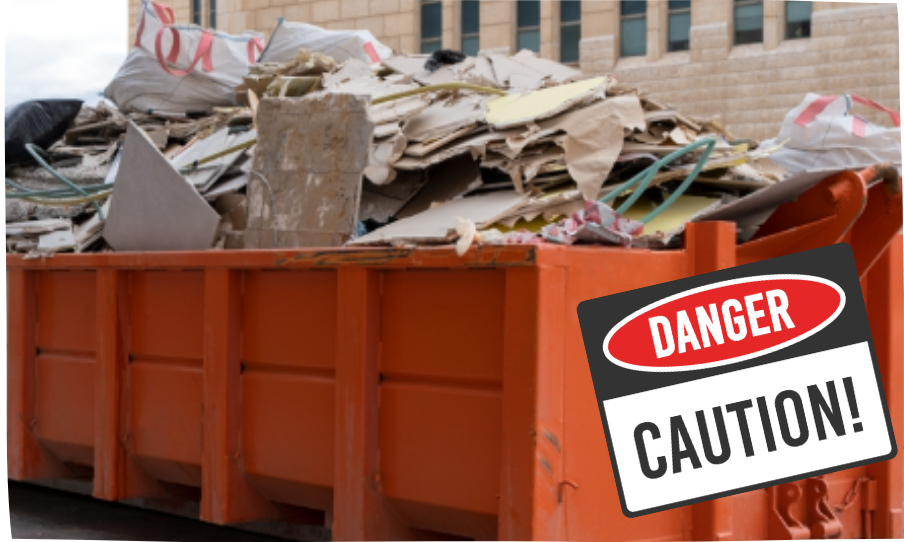
In the event of bad weather, Major Dumpsters will not charge you for an extra rental day if we’re unable to pick up your dumpster on time. Safety is our top priority and we want to ensure both people and properties remain protected but keep in mind that weight overage due to rain or snow is beyond our control and we’re unable to cover the cost.
Best Practices for Covering a Dumpster
Properly covering a dumpster is essential for maintaining cleanliness, preventing unwanted waste and complying with local regulations. Using the right methods and materials ensures effective waste management while avoiding potential issues. Here are some best practices for covering a dumpster:
- Use the Right Type of Cover – Choose a suitable cover based on your needs, such as a fitted lid, heavy-duty tarp, or lockable cover. Secure, durable materials help keep pests out and prevent weather-related damage.
- Ensure Proper Securing Techniques – Covers should be fastened tightly to prevent them from being blown away by strong winds. Use bungee cords, straps, or locking mechanisms to keep the cover in place.
- Regularly Check and Maintain the Cover – Inspect the cover for tears, damage or improper sealing. Replace or repair it as needed to ensure continuous protection from pests, rainwater and unauthorized dumping.
- Follow Local Regulations – Some areas have specific rules regarding dumpster covering to prevent pollution and maintain public safety. Ensure compliance with local guidelines to avoid fines and penalties.
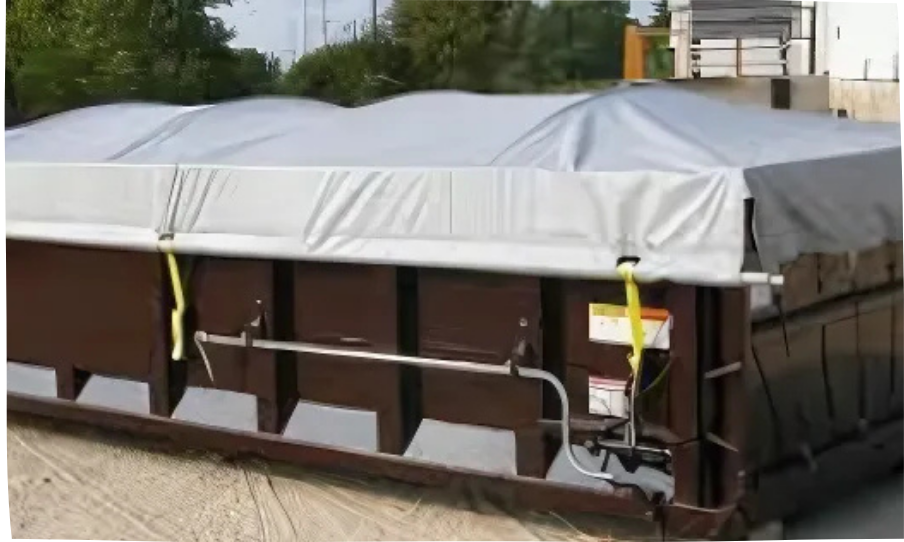
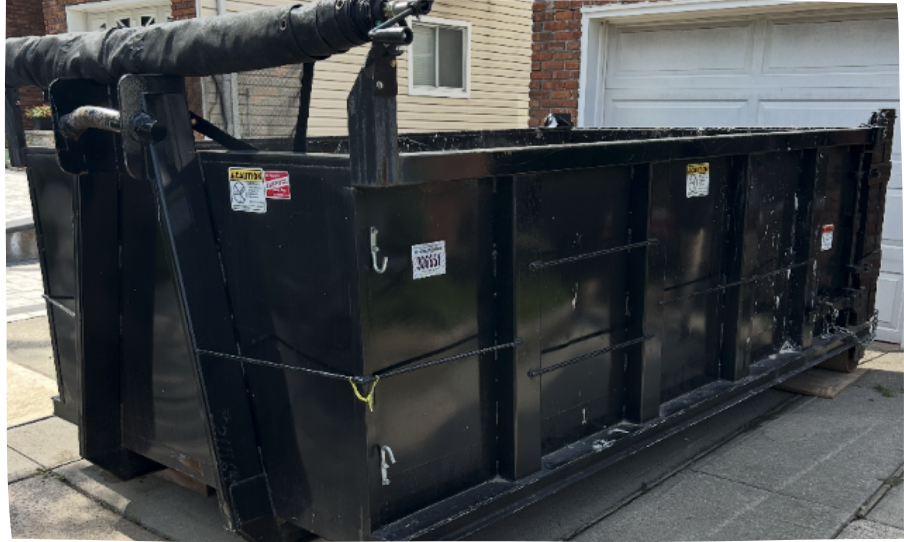
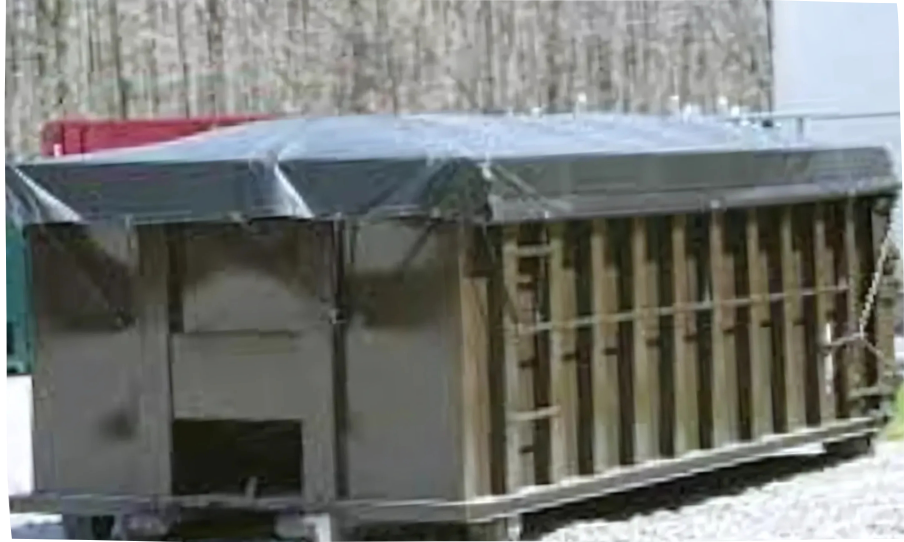
Conclusion
Covering a dumpster when not in use is a simple yet essential step in maintaining cleanliness, safety, and compliance with local regulations. It helps prevent pest infestations, keeps rain and snow from adding unnecessary weight, and ensures a clutter-free environment. On the other hand, leaving a dumpster uncovered can lead to health hazards, legal penalties, and increased disposal costs.
By using the right type of cover and securing it properly, you can effectively manage waste while preventing potential issues. Following these best practices not only protects your surroundings but also promotes responsible waste disposal. Taking these precautions ensures a cleaner, safer, and more efficient waste management system for everyone.
Frequently Asked Questions
1. How do I know what size dumpster I need?
Start by estimating the type and volume of waste you’ll produce. For mixed materials or bulky items, it’s often better to go a size up to ensure you have enough space. Consult with the rental company for recommendations.
2. Can I put hazardous materials in a rented dumpster?
No, hazardous materials like chemicals, asbestos, or batteries are not allowed in standard dumpsters. These require specialized disposal to comply with environmental regulations.
3. What happens if I overload the dumpster?
Overloading can result in extra fees or may prevent the rental company from safely transporting it. Always stay within the fill line and consult the weight limit guidelines provided.
4. Do I need a permit to rent a dumpster?
Permits are required in many areas if the dumpster is placed on public property, such as a street. Check with your local authorities or HOA for specific requirements.
5. How can I save money on a dumpster rental?
To save money, compare quotes, avoid exceeding weight limits, and return the dumpster promptly to avoid extra days.
Remember, when in doubt, don’t hesitate to ask us for guidance. It’s always better to be safe than sorry when it comes to waste disposal!
If you’re ready to order, book now online or if you have any other questions check out our Frequently Asked Questions page or call and speak to one of our project managers at 516-696-3867.
And if you have any free time, check out our amazing reputation on Yelp and Google below:
Check out our other Blog Posts!
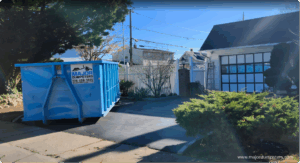
Major Dumpsters: Ready for Your 2026 Projects
Major Dumpsters: Ready for Your 2026 Projects Looking to get a head start on your 2026 projects in Long Island, Nassau County or Suffolk County?
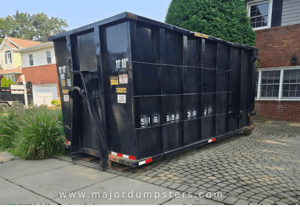
Choosing the Right Dumpster: All About 30 Yard Dumpsters
OVERVIEW A 30 yard dumpster offers maximum capacity for tackling large-scale cleanups and heavy debris removal. Measuring roughly 11 feet long, 8 feet wide, and
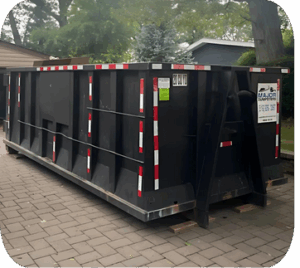
Choosing the Right Dumpster: All About 20 Yard Dumpsters
OVERVIEW A 20 yard dumpster provides the versatility needed for handling larger volumes of waste without stepping into oversized territory. Measuring roughly 16 feet long,
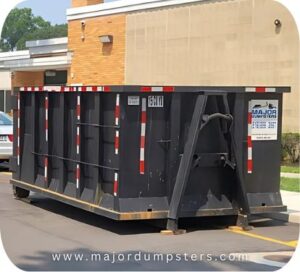
Choosing the Right Dumpster: All About 15-Yard Dumpsters
OVERVIEW 15-yard dumpster offers the perfect middle ground between compact and large-scale waste solutions. Measuring approximately 14 feet long, 8 feet wide, and 4 feet
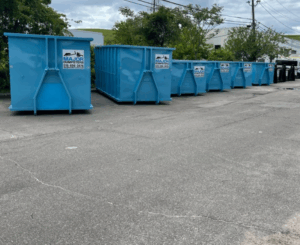
Reliable Dumpster Rentals Across Long Island – Major Dumpsters Has You Covered
From Renovations to Cleanouts – Long Island Relies on Major Dumpsters Whether you’re managing a home renovation, cleaning out your garage, or running a commercial
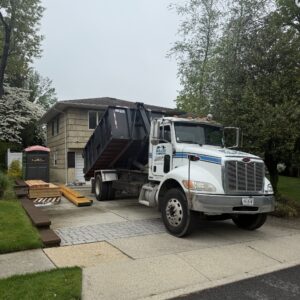
How to Rent a Dumpster Online | Major Dumpsters Long Island
Need to Rent a Dumpster Online with Major Dumpsters Long Island Want a dumpster fast without the hassle? With Major Dumpsters, renting a dumpster online
